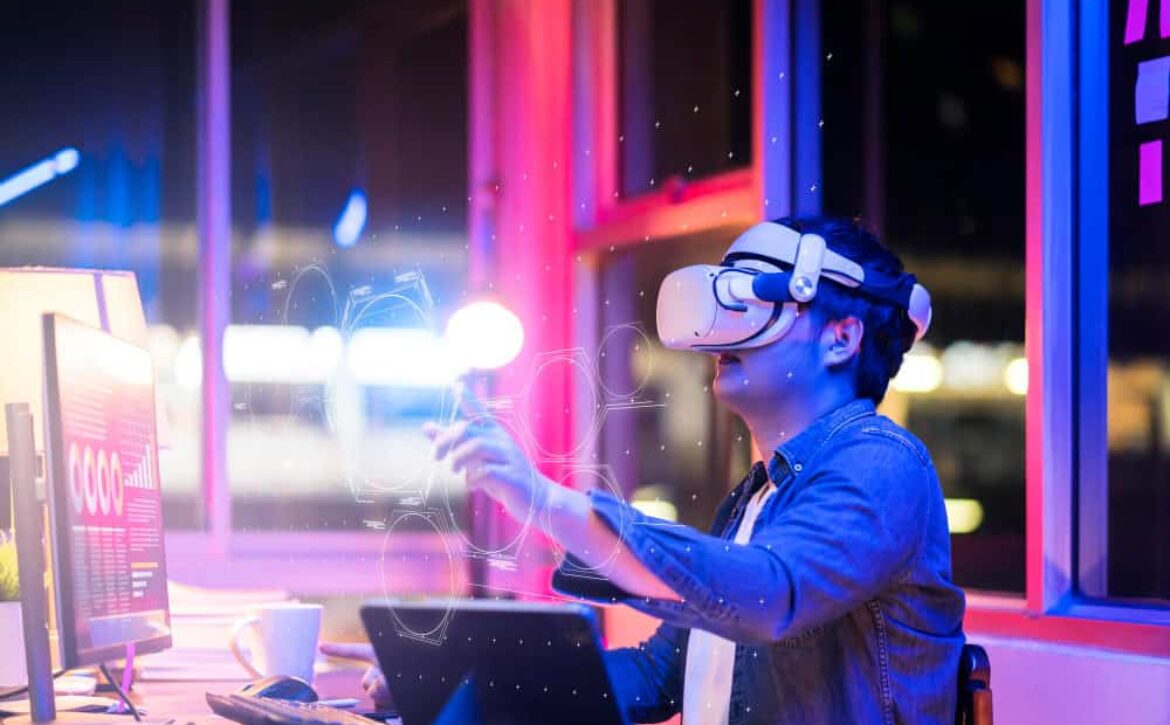AI in Product Development: Real-World Applications and Benefits
Introduction
Artificial Intelligence (AI) is revolutionizing product development, enabling businesses to innovate faster, enhance user experiences, and optimize operations. By integrating AI into product development, companies can harness data-driven insights, automate processes, and deliver personalized solutions.
GoodWorkLabs, a leading technology and digital transformation company based in Bengaluru and San Francisco, specializes in leveraging AI to drive product innovation. With a focus on AI, Machine Learning (ML), and Big Data, GoodWorkLabs delivers cutting-edge solutions across various industries.
Understanding AI in Product Development
AI in product development involves using algorithms and data analytics to enhance various stages of the product lifecycle, from ideation to deployment. Key applications include:
-
Predictive Analytics: Forecasting market trends and customer preferences.
-
Natural Language Processing (NLP): Analyzing customer feedback and automating communication.
-
Computer Vision: Enhancing quality control through image recognition.
-
Generative AI: Creating design prototypes and content.
By integrating these technologies, businesses can reduce time-to-market, improve product quality, and meet customer demands more effectively.
Real-World Applications of AI in Product Development
1. Healthcare
AI enables predictive diagnostics, personalized treatment plans, and efficient patient data management. GoodWorkLabs has developed AI-powered healthcare applications that improve patient outcomes and streamline operations.
2. E-commerce
Personalized recommendations, dynamic pricing, and inventory management are enhanced through AI. GoodWorkLabs’ AI solutions have helped e-commerce platforms increase customer engagement and sales.
3. Finance
AI-driven fraud detection, credit scoring, and customer service chatbots improve financial services. GoodWorkLabs has implemented AI solutions for financial institutions to enhance security and customer experience.
4. Education
Adaptive learning platforms and AI tutors personalize education, improving student outcomes. GoodWorkLabs has developed AI-based educational tools that cater to individual learning needs.
Benefits of Integrating AI in Product Development
-
Enhanced Efficiency: Automating repetitive tasks accelerates development cycles.
-
Improved Quality: AI-driven testing and quality assurance reduce errors.
-
Personalization: Tailoring products to individual user preferences increases satisfaction.
-
Data-Driven Decisions: Insights from AI analytics inform strategic planning.
By adopting AI, companies can stay competitive and responsive to market changes.
GoodWorkLabs’ AI-Powered Services
GoodWorkLabs offers a comprehensive suite of AI services to support product development:
AI and ML Solutions
Developing custom AI models for predictive analytics, NLP, and computer vision to address specific business challenges.
UX/UI Design with AI Insights
Leveraging AI to analyze user behavior and optimize interface design for enhanced user experience.
Mobile App Development
Creating AI-integrated mobile applications with features like smart recommendations and voice assistants.
Cloud Services
Providing AI-enabled cloud solutions for scalable and secure product deployment.
Case Studies
Healthcare Application
GoodWorkLabs developed an AI-powered healthcare app that provides personalized treatment recommendations, improving patient care and operational efficiency.
E-commerce Platform
An e-commerce client partnered with GoodWorkLabs to implement AI-driven personalization, resulting in increased customer engagement and sales.
Why Choose GoodWorkLabs?
-
Expertise: Over a decade of experience in AI and product development.
-
Innovation: Pioneering the use of Generative AI in digital transformation.
-
Clientele: Trusted by Fortune 500 companies and startups alike.
-
Recognition: Awarded for excellence in technology and innovation
Conclusion
Integrating AI into product development is no longer optional it’s essential for innovation and competitiveness. GoodWorkLabs stands at the forefront of this transformation, offering tailored AI solutions that drive success across industries.
Ready to transform your product development with AI?





